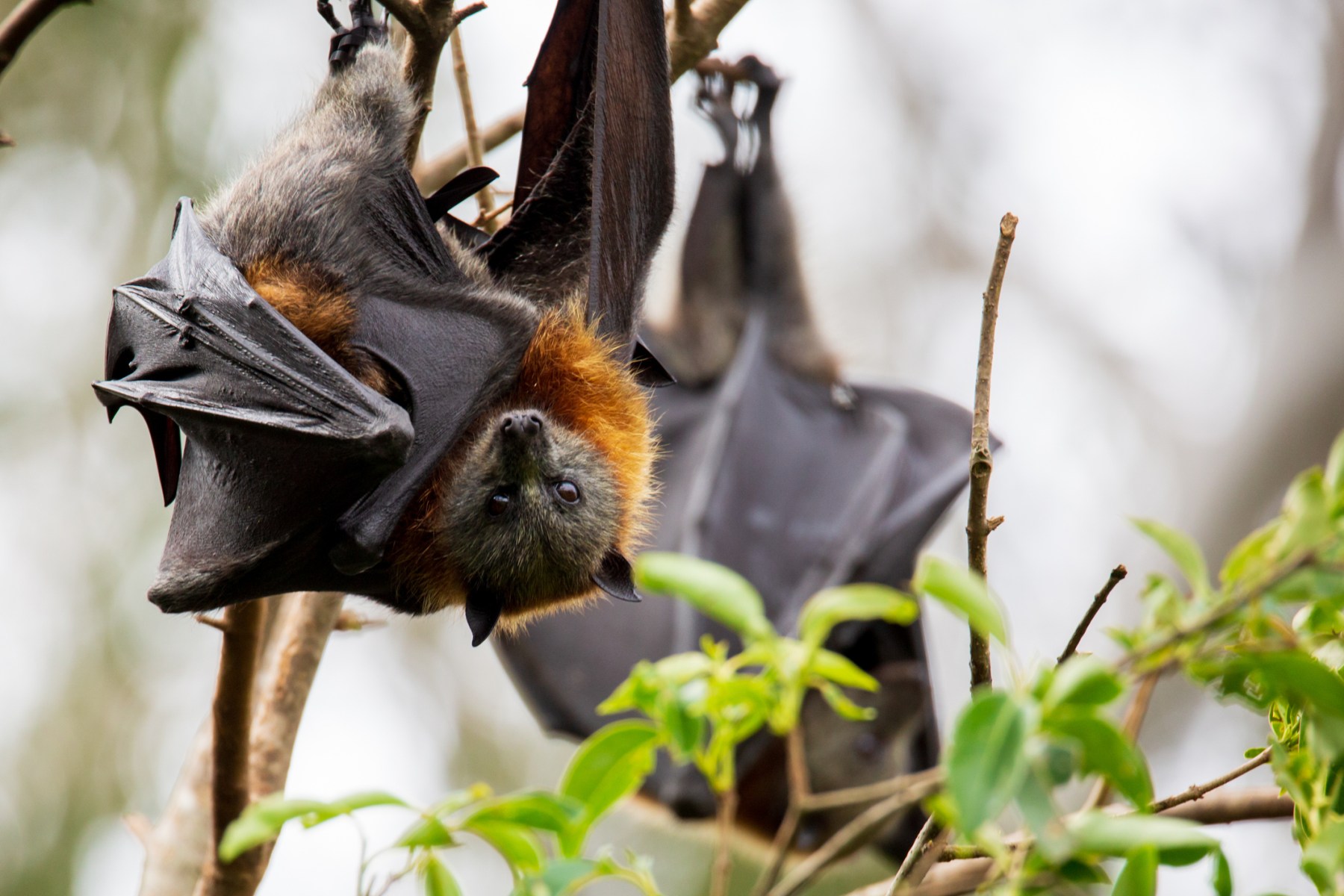Residents across the Hunter and New England regions are being urged not to touch or handle flying foxes or microbats, with health authorities warning of the risk of infection from the deadly Australian bat lyssavirus.
Hunter New England Local Health District Public Health Physician, Dr David Durrheim, said the warning is especially important with the arrival of spring, when people are more likely to encounter bats.
“If a flying fox or microbat is found on the ground or appears to need help, it’s important not to touch or handle it, whether it is dead or alive,” Dr Durrheim said.
“Instead, we are urging the public to call their nearest wildlife rescue service to come to the bat’s aid.
“If you see a dead bat in a public area, contact your local council and ask them to dispose of it.”
Dr Durrheim stressed that anyone bitten or scratched by a bat must act immediately.
“Wash the wound thoroughly with soap and water for at least 15 minutes, apply an antiseptic with anti-virus action, and seek medical attention straight away to access post-exposure treatment and vaccination if required,” he said.
Authorities say post-exposure treatment is crucial, as there is no effective treatment once symptoms of Australian bat lyssavirus appear. The virus can be transmitted to humans if saliva from an infected bat enters an open wound, the eyes, or the mouth.
Lyssaviruses are closely related to rabies, which is carried by mammals such as dogs, cats, monkeys and bats in parts of the world including Bali and Thailand.
Residents who see a bat in distress are urged not to attempt a rescue, but to contact a wildlife rescue service such as WIRES on 1300 094 737 or Hunter Wildlife Rescue on 0418 628 483.









